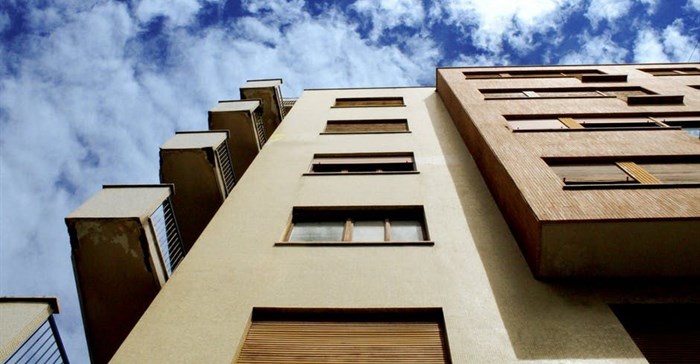Despite the uncertain political climate and less-than-ideal economic outlook, the national buy-to-let market has remained fairly stable over the last few years. Since 2010, 8.5% of all property purchases have been for buy-to-let purposes, regardless of the recent disappointing national average rental growth rate, which more than halved since Q1 2017.
One of the biggest influences behind this average decline was the unexpectedly poor growth of rental prices in the Western Cape.
The Western Cape has always had one of the biggest and best-performing rental markets in the country, so when we experience a notable deceleration in our rental growth rate, here, it tends to have a disproportionate effect on the national averages. Growth in most other provinces actually improved a little this quarter, year-on-year, with the Free State topping the charts at 8%, up from 4% the same time last year.
Rental market remains strong
For the Western Cape, however, Q1 2018 showed the lowest year-on-year rental growth the province has seen since 2012, down from 8.86% in Q1 2017 to a disappointing 6.97%.
Excluding Limpopo, it’s the biggest decline of any province, but it’s important not to take it out of context – there’s still a very strong rental market in the Western Cape.
Indeed, the Western Cape still has the highest average rent of any province, sitting at R8,805 per month, well above the national average of R7,359. Capital appreciation of rental properties is also healthy, at an average of 10% per annum – lightyears ahead of most other provinces, including Gauteng’s modest 3%.
As a result, it’s not surprising that properties with buy-to-let potential remain firm favourites with buyers in the Western Cape. However, the recent drop in semigration, combined with a reported increase in the number of extended families living in shared residences, has started to have a noticeable effect on demand from tenants.
Supply outstripping demand
The market has reached a point where supply outstrips demand. This has given tenants more opportunity to shop around for a bargain, which, in turn, gives them more negotiating power with landlords. It’s this dynamic that is causing the decelerating rental growth.
While this is not entirely unexpected after the high rental growth the Western Cape has experienced in recent years, many landlords are investigating alternatives to maximise their returns.
Airbnb is a popular option, but the unpredictable nature of short-term letting means the higher income potential doesn’t always outweigh the risks. Of course, the more properties that go the short-term route, the fewer properties are left for long-term tenants, so in a round-about way, Airbnb may actually be helping to address the current oversupply dynamic.
Of course, with a number of new sectional title developments entering the Western Cape market, it would be unrealistic to expect short-term lets to make any noticeable dent in near-term market saturation. Nonetheless, we remain positive about the future of the rental market.
The next couple of years are likely to be a period of normalisation for Western Cape rentals. This is a perfectly natural part of the property cycle and plays an important role in market sustainability. There is absolutely no reason to believe it will affect the mid- to long-term profitability of buy-to-let properties. With good management, Western Cape rentals still have a huge amount to offer investors.
















